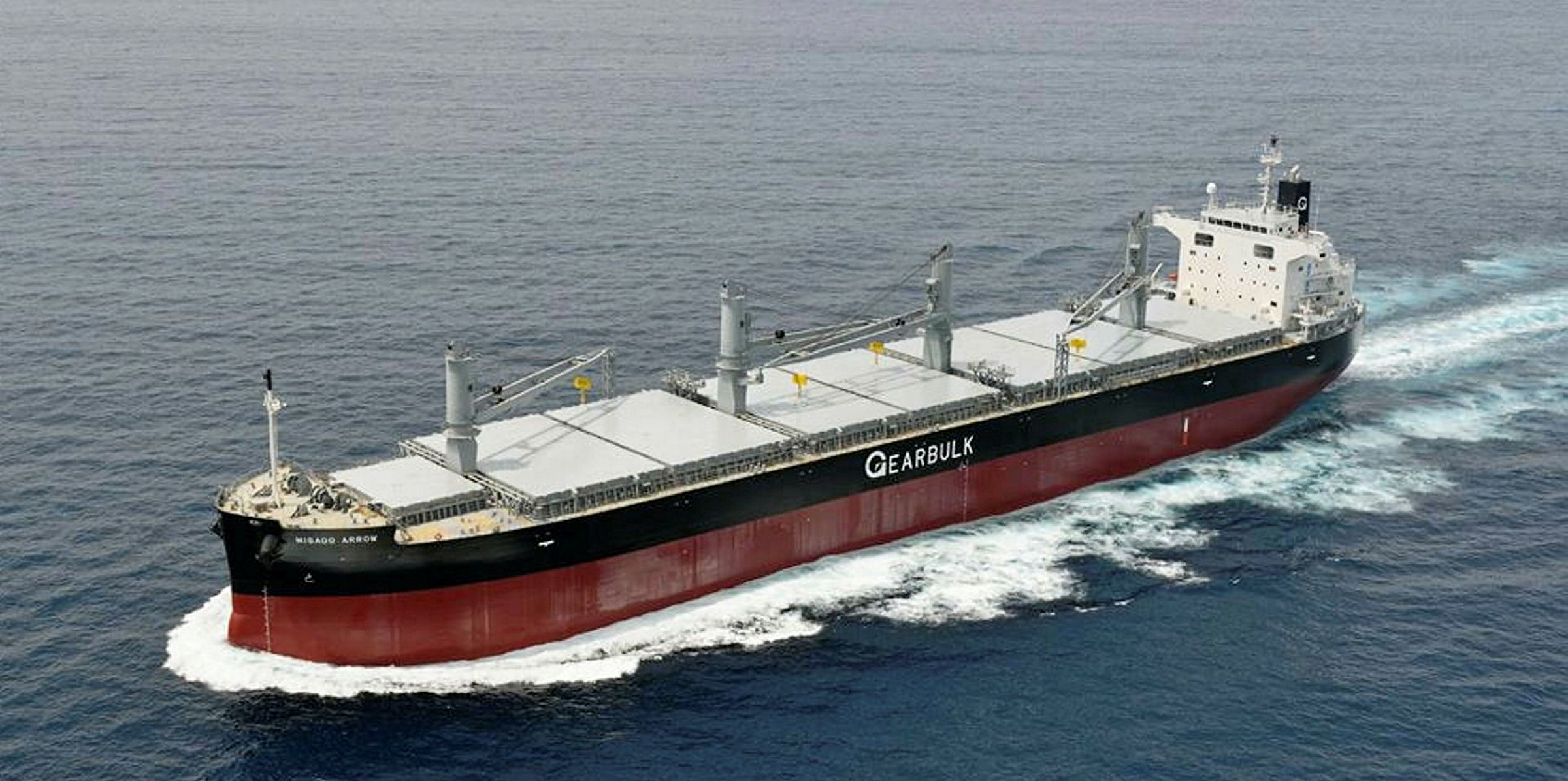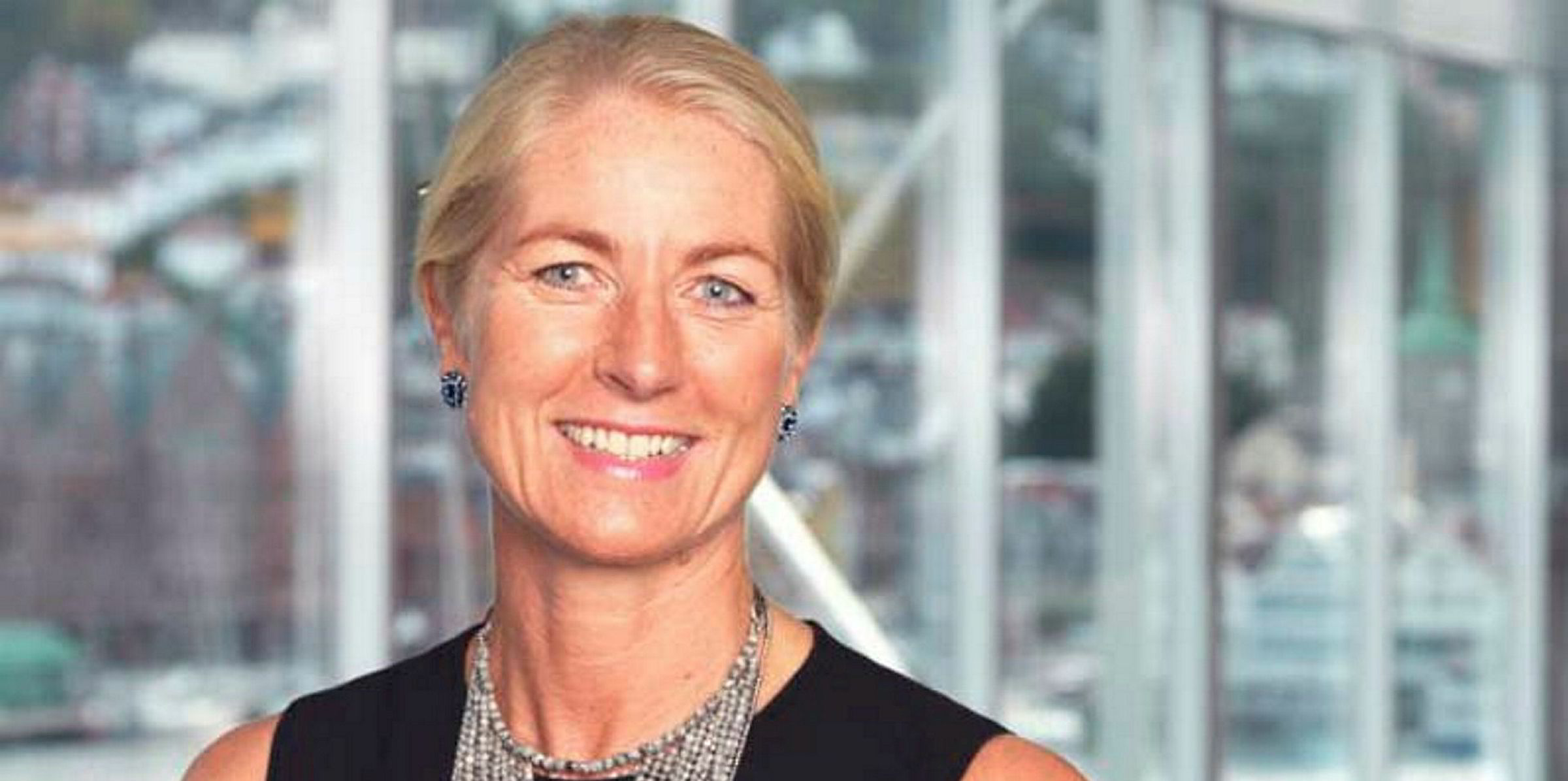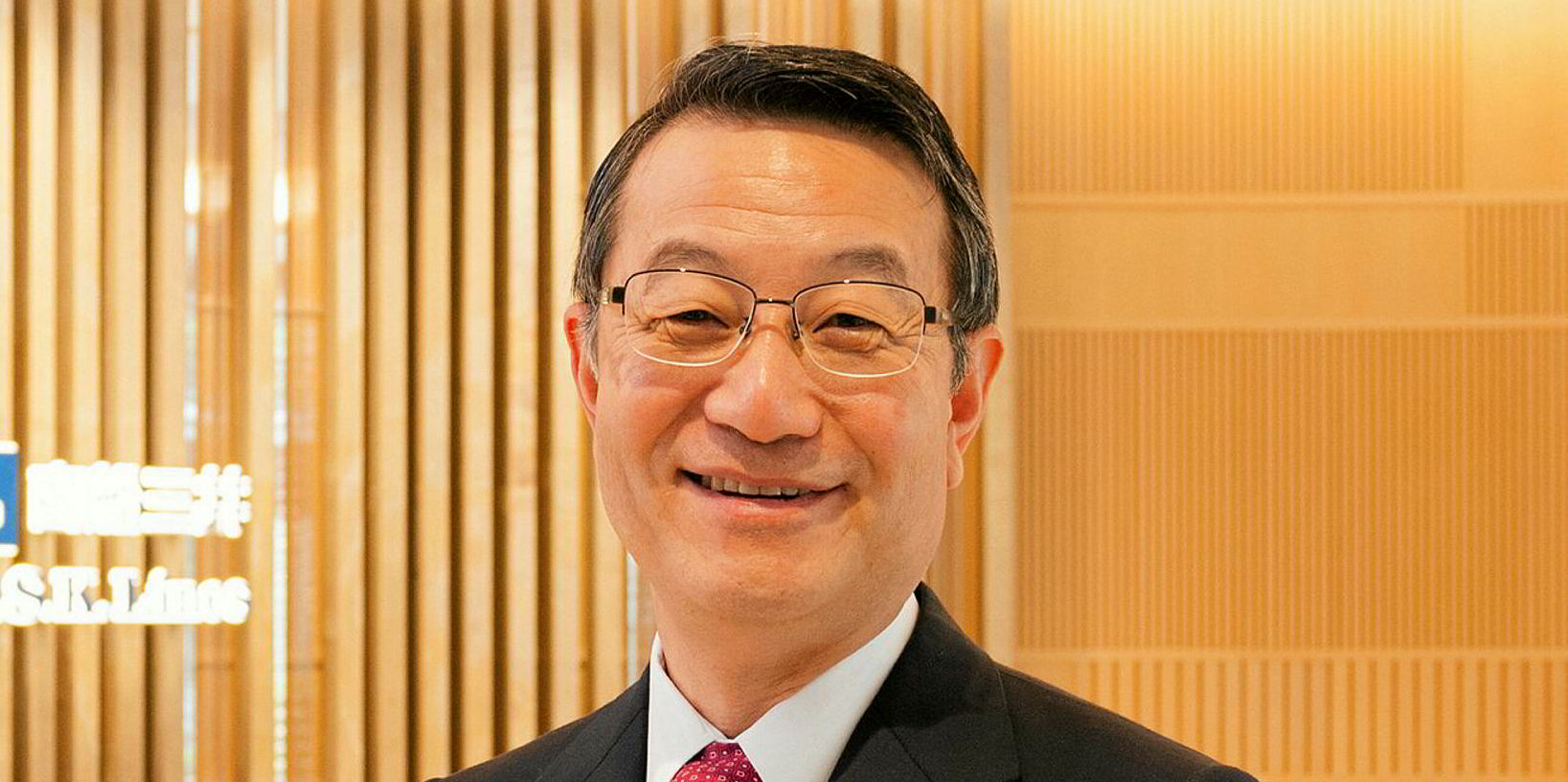Gearbulk chairman Kristian Jebsen has asked his company’s Japanese tonnage providers to agree to performance-based rates for its chartered fleet as the first step in a major restructuring of its charter commitments.
The deal is outlined in a polite and at times apologetic communication to the Japanese shipowners — and also leaves them in no doubt as to the financial difficulties they could face if they do not renegotiate charter deals.
Adapt or die
In a press release, Jebsen said: “It is a case of adapting quickly or die slowly.”
According to Japanese owners, Gearbulk wants them to accept a new rate for the bulkers based on their daily earnings in the G2 Pool, in which it operates ships with compatriot and Bergen neighbour Grieg Shipping.
Terms could be renegotiated for as many as 33 open-hatch, handysize, ultramax and panamax carriers. The first step, described as "pay as you earn", will run for six months from June this year.
During the initial period, Gearbulk wants to enter into talks to renegotiate a fixed charter rate in the longer term that will offer optimum returns to owners.
That could involve an extension of contracts to give owners a fixed return, based on a 20-year investment profile.
Gearbulk argued that it is simply impossible to continue to operate the vessels at agreed rates under current market conditions. It claims it has already racked up long-running losses in operating the Japanese-owned vessels.
The company acknowledged the right of owners to repossess the ships. However, given the dire rates in the market, the Japanese owners are likely to face even poorer returns operating the vessels independently.
The open-hatch gantry crane units, which make up most of the Gearbulk fleet, are also of little commercial use to Japanese owners outside the specialised trades in which the G2 Pool operates.
Continuing to run the vessels under current rates could put Gearbulk in further financial trouble and raise the prospect of even greater financial losses for the Japanese owners.
One Japanese owner considering the proposal said his peers felt “uncomfortable” with Gearbulk’s approach. He pointed out Japanese owners had already granted a temporary rate reduction with Gearbulk in 2016, only to be approached again.
He said many owners felt they were being offered what amounted to a “fait accompli” by Gearbulk.
However, Gearbulk’s tonnage is spread among a diverse range of 21 different Japanese owners, and it seems unlikely there will be a unified response to its proposal.
The biggest tonnage providers to Gearbulk are Chiba Shipping, with five vessels, and Doun Kisen, with four. The remaining companies provide just one or two ships each.
Some familiar shipping names are also included, such as trading house Marubeni and management company Misuga Shipping.
The others are smaller and lesser-known outfits, such as Funada Kaiun, Chofuku Kisen and Shichifuku Gumi. Local brokers said many of the smaller companies will be relying on Japan’s giant trading house to sort out a deal.





